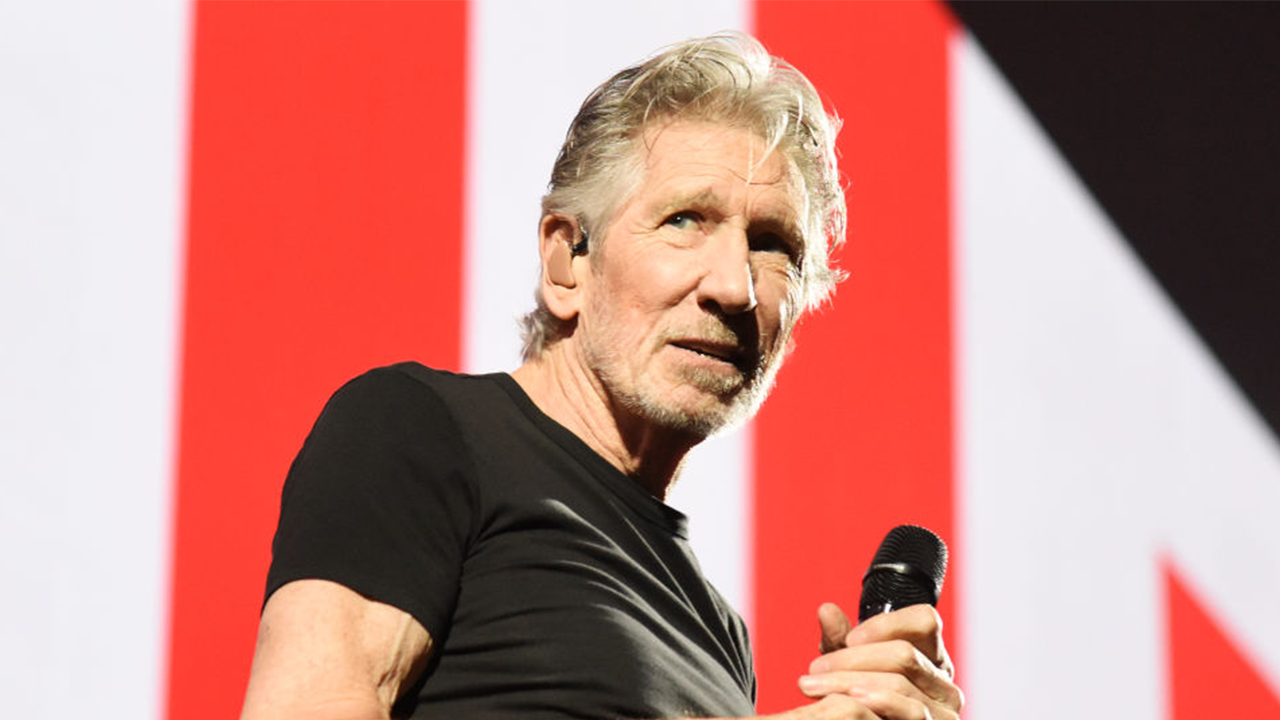Roger Waters faces prosecution for supporting banned Palestine Action group

Roger Waters, former Pink Floyd songwriter, is facing potential prosecution after publicly declaring his support for Palestine Action, a group that has been banned by the U.K. Parliament. In a video posted on X, Waters praised Palestine Action as a “great organization” and commended Bob Vylan for leading anti-Israel chants at the Glastonbury Festival.
The U.K. government recently banned Palestine Action under anti-terrorism laws after its activists vandalized planes at a Royal Air Force base to protest Britain’s support for Israel. The group was officially labeled a terrorist organization, with offenses related to expressing support punishable by up to 14 years in prison and/or a fine.
Parliament’s Minister of State, Sir David Hanson, stated that Palestine Action released an “undercover manual” that encourages members to conduct covert activities against private companies and government buildings. The government’s decision to proscribe the group aims to dismantle its operations and prevent recruitment for terrorist activities.
The Campaign Against Antisemitism, a charity dedicated to combating antisemitism, condemned Waters’ support for Palestine Action. They emphasized that endorsing banned organizations like Palestine Action is a criminal offense under the Terrorism Act 2000. The group stands ready to privately prosecute offenders if authorities fail to take action.
Roger Waters’ public declaration of support for Palestine Action has sparked controversy and legal implications. The Campaign Against Antisemitism is urging law enforcement to intervene, and they are prepared to pursue legal action if necessary. Waters’ actions have reignited debates on political influence, conspiracy theories, and the boundaries of free speech.
In light of these developments, it is essential to consider the legal and ethical implications of supporting banned organizations like Palestine Action. The debate surrounding freedom of expression versus incitement to violence remains contentious, and the consequences of such declarations can have far-reaching repercussions. As the situation unfolds, it underscores the complexities of navigating political activism and the rule of law in a democratic society.




